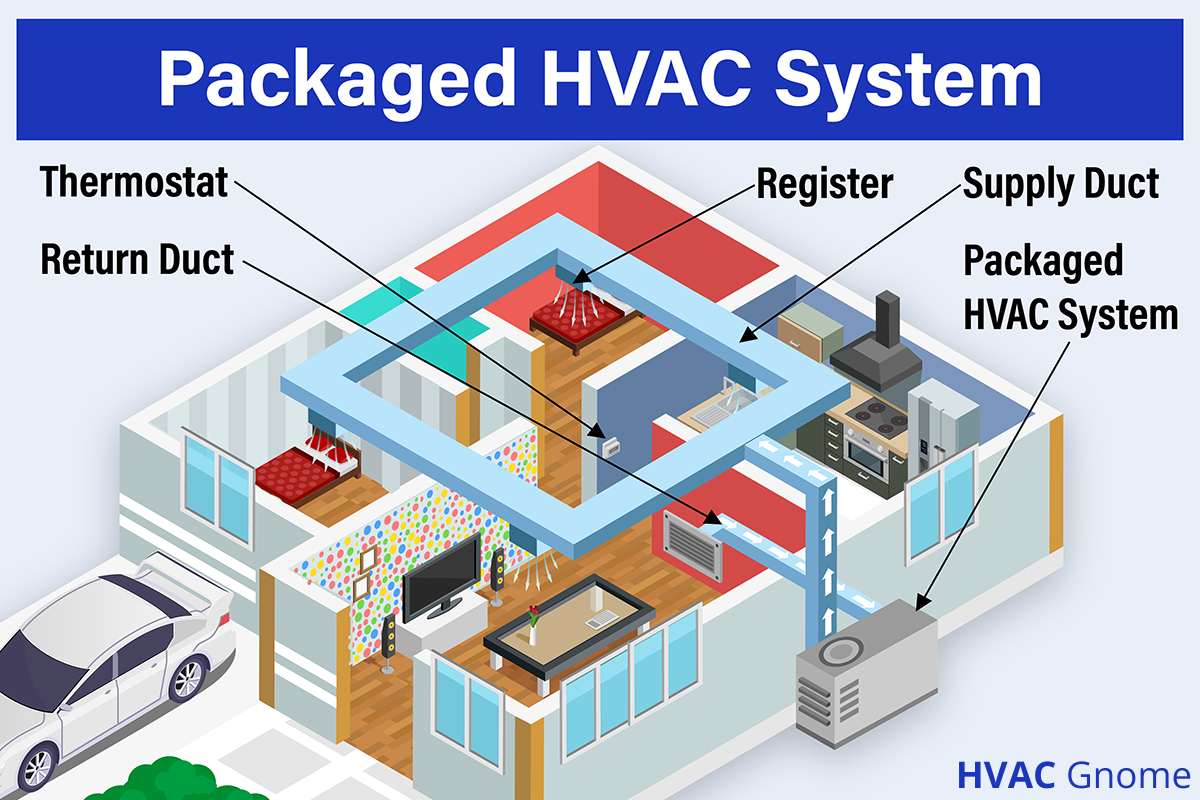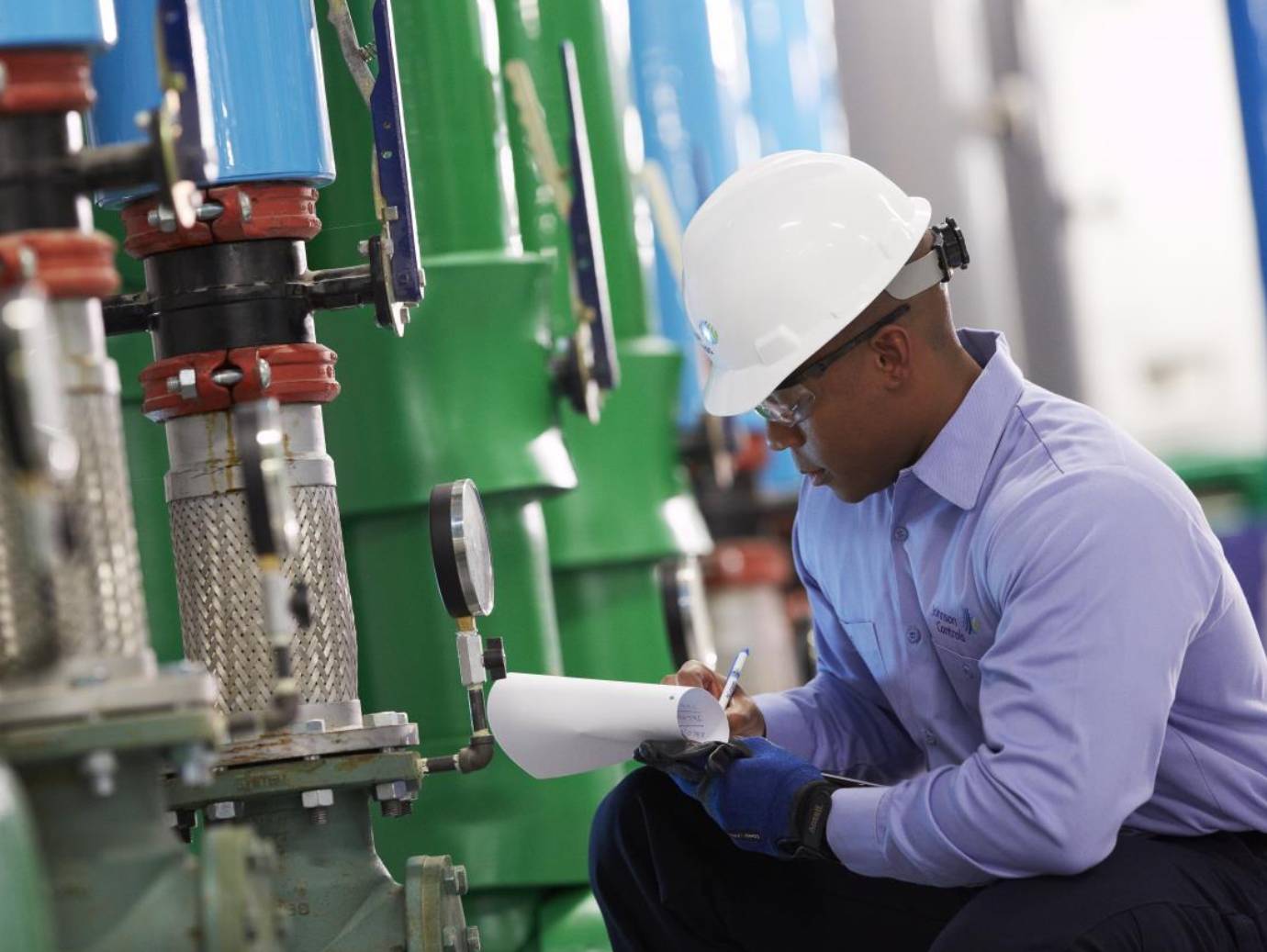A Thorough Look at Heating And Cooling Solutions and Their Influence On Energy Performance and Expense Cost Savings
With technological advancements like smart thermostats and high-efficiency components, the capacity for maximizing system efficiency is vast. As we explore the detailed relationship in between Heating and cooling systems and functional costs, including the shift in the direction of ecologically friendly alternatives, the inquiry develops: how can these techniques be effectively executed to take full advantage of both environmental and financial benefits?

Significance of A/c Solutions
cooling and heating systems are an important element of contemporary structures, playing a vital function in keeping comfortable and healthy and balanced interior environments. These systems, including home heating, air, and air flow conditioning, are essential for regulating temperature level, humidity, and air quality, thus ensuring the health of passengers. Reliable heating and cooling systems contribute considerably to producing an optimum indoor climate, which is crucial for both domestic and business spaces.
In business buildings, heating and cooling systems are important to giving a risk-free and productive environment. By managing interior environment conditions, these systems assist stop the growth of mold and the spread of airborne impurities, thus guarding the health and wellness of clients and staff members. Additionally, in residential setups, cooling and heating systems improve living problems by offering constant thermal comfort and improving interior air high quality, which is crucial for overall wellness.
Furthermore, the style and upkeep of HVAC systems have a direct influence on power intake and functional expenses. Appropriately designed and preserved systems can significantly reduce energy usage, causing lowered energy expenses and a smaller sized carbon footprint. The effectiveness of these systems hence plays an important role in advertising sustainability and energy preservation within structures, highlighting their value in the modern building landscape.
Advancements in HVAC Modern Technology
Technology in heating and cooling modern technology is reinventing the means buildings take care of indoor climates, ushering in a new era of performance and control. Recent developments have concentrated on enhancing power usage while improving customer convenience. One remarkable development is the combination of wise thermostats, which utilize expert system to find out tenancy patterns and change temperature levels accordingly, minimizing unnecessary power use.
Variable Cooling Agent Circulation (VRF) systems stand for another considerable jump ahead. These systems permit for accurate temperature control in various zones of a building, enhancing convenience and decreasing energy waste. VRF innovation is specifically valuable for big industrial areas, providing flexibility and scalability.
In addition, the advent of Web of Things (IoT) tools has transformed heating and cooling systems into interconnected networks efficient in real-time data collection and evaluation. This connection allows anticipating upkeep, making certain systems operate at peak effectiveness and lessening unforeseen downtime.
Moreover, developments in products and style, such as making use of high-efficiency coils and compressors, have actually enhanced total system performance - Heating Contractor. The fostering of eco-friendly refrigerants likewise highlights the market's commitment to sustainability
These technological technologies are pivotal in minimizing functional costs and ecological effect, setting new requirements for constructing climate management.
A/c Upkeep and Efficiency
Making certain optimal efficiency of heating and cooling systems prolongs beyond technical improvements; it additionally rests on effective upkeep methods. Regular upkeep is essential for sustaining performance, decreasing energy intake, and prolonging the lifetime of a/c systems. The primary goal is to make certain that all elements work at their peak possibility, thereby lessening power waste and preserving regular indoor comfort levels.
Routine maintenance tasks, such as cleansing official website or changing air filters, inspecting cooling agent levels, and evaluating ductwork for leakages, are important for avoiding unneeded strain on the system. Unclean or clogged up filters can obstruct air flow, causing the system to work harder and consume more energy. Furthermore, inadequate cooling agent levels can minimize cooling efficiency, resulting in higher operational costs.
Additionally, regular assessments by qualified specialists can identify prospective concerns prior to they rise into expensive repair services or system failures. These inspections frequently include inspecting electrical links, calibrating thermostats, and guaranteeing the overall integrity of the HVAC system. By attending to minor issues early, services and property owners can stay clear of unanticipated malfunctions and boost energy efficiency.
Economical A/c Solutions
For those seeking to obtain the most out of their air flow, heating, and air conditioning systems without breaking the financial institution, discovering economical heating and cooling options can make a substantial difference. One prompt step is to buy programmable thermostats, which allow customers to establish details temperatures for various times of the day, maximizing power use and minimizing unneeded consumption. By automating temperature changes, property owners can accomplish considerable cost savings on power expenses.
Normal maintenance is an additional vital component of affordable cooling and heating management. Ensuring that filters are cleansed or replaced consistently, ductwork is secured, and systems are serviced by professionals can avoid expensive repair work and boost system long life. Precautionary upkeep not just preserves system efficiency but also aids in preventing unanticipated failures that can result in pricey emergency fixings.
Additionally, retrofitting existing systems with energy-efficient elements, such as variable rate motors or high-efficiency compressors, can be a prudent financial investment. These upgrades enhance functional effectiveness, minimize power use, and can often be carried out at a fraction of the price of a full system replacement.
Environmental Impact Reduction
Reducing the ecological influence of Cooling and heating systems is important in today's search of lasting living. Heating and cooling systems are considerable contributors to power usage, accounting for nearly 40% of power usage in industrial Learn More structures.
Technical advancements in a/c style central ac installation cost and procedure, consisting of the combination of clever thermostats and energy-efficient heat pumps, are critical in minimizing carbon footprints. These developments permit optimized power usage, reducing waste and enhancing overall system performance. Furthermore, taking on regular maintenance techniques guarantees a/c systems operate at peak performance, further curtailing unnecessary energy usage.
Furthermore, using ecologically friendly cooling agents is vital, as conventional refrigerants, like CFCs and HCFCs, have been eliminated due to their ozone-depleting homes. Modern options, such as hydrofluoroolefins (HFOs), offer decreased environmental threats, lining up with global ecological procedures. By embracing these lasting practices, heating and cooling solutions can play a transformative function in reducing environmental influences, promoting power efficiency, and fostering a more sustainable future.
Final Thought

Furthermore, the style and maintenance of A/c systems have a direct impact on power usage and functional costs. Normal upkeep is crucial for sustaining performance, lowering energy consumption, and prolonging the life period of Heating and cooling systems. HVAC systems are significant factors to power intake, accounting for virtually 40% of energy use in industrial structures. Furthermore, embracing regular upkeep practices guarantees HVAC systems operate at peak effectiveness, additional cutting unnecessary power usage.
The shift to environmentally friendly Heating and cooling systems further promotes and reduces functional costs sustainability. (Heating Contractor)